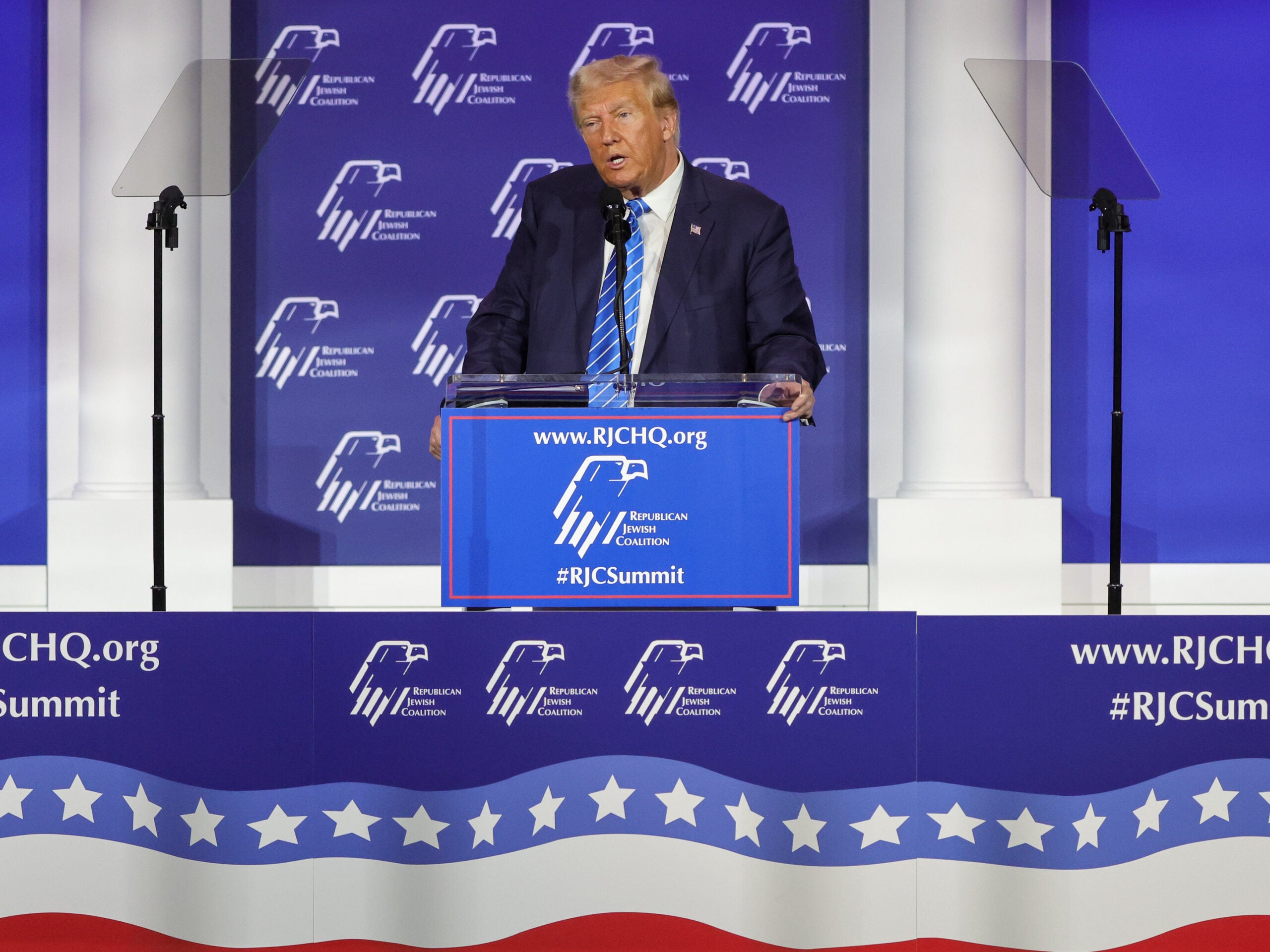“We don’t need fewer arguments today; we need less stupid ones.” So says a former White House speechwriter and policy adviser under President Bill Clinton. He gives tips on how to be less stupid at arguing in the age of Twitter and extreme political polarization.
Featured in this Show
-
How To Argue Better In The Age Of Political Division
In an era of polarized politics and relentless debates, it’s not that fewer arguments are needed, it’s that the arguments have to be better, said Eric Liu, founder and CEO of Citizen University and executive director of the Aspen Institute: Citizenship and American Identity Program.
Liu — who served as a White House speechwriter and policy adviser for former President Bill Clinton and is author of “You’re More Powerful Than You Think: A Citizen’s Guide To Making Change Happen” — says more of the arguments should reflect a better understanding of history.
“The fight over the Affordable Care Act, the fight over immigration, the fight over tax cuts — all of these are recapitulations of these old, old American arguments; and if we can see that, we can recognize that the point of American politics isn’t to achieve total victory by one side over the other,” he said. “It’s to remember that American political life is a game of perpetual infinite repeat play.”
It’s also crucial that debaters relearn listening skills for the sake of understanding. Liu said our political system is “corroded” by people not listening for the sake of understanding the other person’s point of view, but rather to benefit and expound on their own arguments.
This type of debate can turn into a bad argument, and are often the result of debaters rushing to judgment and losing emotional control so that the argument becomes more about protecting their own identity, Liu said. Additionally, he said people who rehearse their talking points or reiterate arguments they heard elsewhere make bad arguments.
Another example of a bad argument is when debaters avoid responsibility and place all the blame of the problems being debated on the person or group they’re arguing with.
Liu said people have grown accustom to using a “debater’s ear” to glean enough information to prepare for their next argument.
“That habit of listening, not to win, but to understand is something that has fallen out of practice in American civic life and we’ve got to rebuild it,” he said.
Through focus groups as part of the Better Arguments Project — a collaboration between Facing History and Ourselves, the Aspen Institute’s Program on Citizenship and American Identity, and The Allstate Corporation — five rules about making better arguments emerged.
1. Take winning off the table.
Liu said it’s imperative that understanding, not winning, be the main focus on the conversation.
“If you are listening in order to win, you’re going to get a dynamic in which the other side does not want to let you win,” he said. “And they will use every tactic in the book and they will refuse to acknowledge what they in their own hearts may know to be reality because they don’t want to lose.”
Instead of fostering a goal of winning the argument, Liu said debaters have to realize that some arguments will be won and others lost, and sacrifices need to be made without tearing down the person or groups being debated.
2. Prioritize relationships.
Remember that the conversation is about human relationships, Liu said. Humanizing the debate leads to better understanding of the other person or group’s perspectives.
“You’ve got to put those at the center and honor those relationships and the history of them,” he said.
Sometimes, debaters will refuse to acknowledge the humanity or dignity of the person they’re arguing with. In such cases, build friendships with those people by listening to them and trying to understand them, Liu said, noting such examples as Thurgood Marshall, a lawyer who became a Supreme Court Justice and was met with numerous examples of adversity along the way.
While realizing the danger he was in, “he also understood that there was only one way to set in motion a positive feedback loop of increasing humanity and that was for him to model it,” Liu said.
3. Pay attention to context.
The context might be political, cultural or regional, Liu said. For example, what makes a better argument between a Chinese American family might not be as effective for a Scandinavian family.
This is also a factor with power dynamics, which arguers should be clear about when entering a debate. Debaters should be honest about who might have the upper hand, for example when a civilian argues with a police officer.
“Naming that in the first place is a way to neutralize it or at least make both parties conscious of the fact that we’ve got to focus on the substance of what we’re trying to say here and not just the fact that this is one game where a high-power individual can stomp a lower-power individual,” he said.
4. Embrace vulnerability.
Some people might perceive vulnerability as weakness.
But Liu said at some point, someone needs to admit vulnerability.
“(Be the one) who says, ‘Hey, what you just said actually really kind of blew my mind and I’m not quite sure I’m so sure of myself anymore,’” Liu said.
That kind of mindset could impact the other side enough for them to change their own positions, he said.
5. Be willing to have your own mind be changed.
Liu said if debaters enter an argument with the only objective of changing the other person’s viewpoint, the argument likely won’t lead to success.
Instead, debaters should be willing to have their own opinions be transformed.
“It is impossible to change another person’s mind if you’re not willing to have your own mind changed,” Liu said. “You’ve got to have some willingness to shift because otherwise the other party will smell that you don’t and won’t yield an inch,” he said.
Episode Credits
- Carrie Kaufman Host
- Sarah Hopefl Producer
- Eric Liu Guest
Wisconsin Public Radio, © Copyright 2024, Board of Regents of the University of Wisconsin System and Wisconsin Educational Communications Board.





